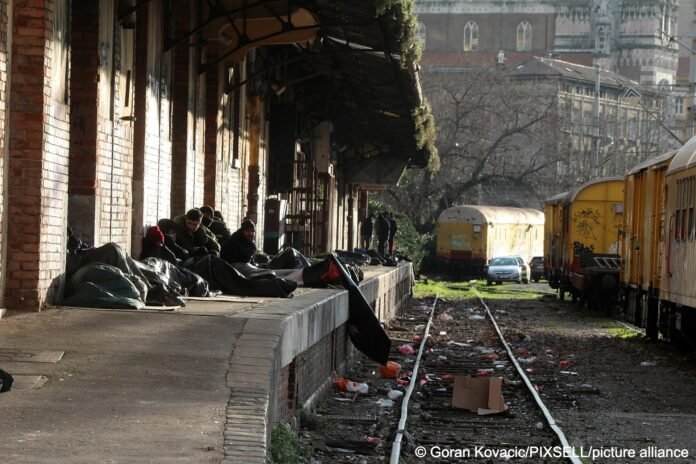
Every day, around two hundred migrants reportedly arrive in Rijeka by train. Many spend some time near the railway station on their way to other EU countries. NGOs, the city administration and the Rijeka Archdiocese, have reportedly set up a transit point to help migrants and provide them with humanitarian aid.
Last week, the mayor of Rijeka had asked the Croatian government for help dealing with the large number of migrants passing through the Adriatic city.
The government should not care only about the Schengen Area’s external borders but also about the security situation within the country’s borders. Greater engagement is necessary by the police and Croatian Railways, said Mayor Marko Filipovic.
Filipovic said Croatia’s accession to Schengen on January 1 did not reduce the migrant flow and that the results of the “huge migrant crisis” could be seen around Rijeka’s central station, reported N1.
A similar problem prevented Romania and Bulgaria from receiving approval for Schengen membership. The major reasons for denying their admission into Schengen are the migrant flow and corruption, which Netherlands and Austria support.
Nevertheless, the migrant population in Croatia and other European nations is out of control. Significant countries like France and Belgium also deal with the same problem, so it is not just a problem for Croatia.
Since the beginning of the war between Russia and Ukraine and the Taliban’s occupation of Afghanistan, these nations have had many refugees who leave their home countries to survive.
Migrants have been living in squalid conditions in an occupied building in Brussels for several months. In the Belgian capital, thousands of potential asylum seekers have been left to fend for themselves due to chronic overcrowding at the official reception facilities.
Roughly 1,000 people live in the former tax office in the Schaerbeek neighbourhood without heating or running water, according to reports from the German newspaper welt. Doctors working at the building for the Red Cross have identified a high spread of scabies and several cases of tuberculosis and cutaneous diphtheria.
A team from the migration office Fedasil has been tasked with identifying who stays in the building and transferring asylum seekers to reception centres. The identification process was initially delayed due to security concerns but restarted on Thursday (January 19), according to reports from local news site BRUZZ citing officials.